Pandemic Leading to Wealth Redistribution. Who are the New Coronavirus Poor?
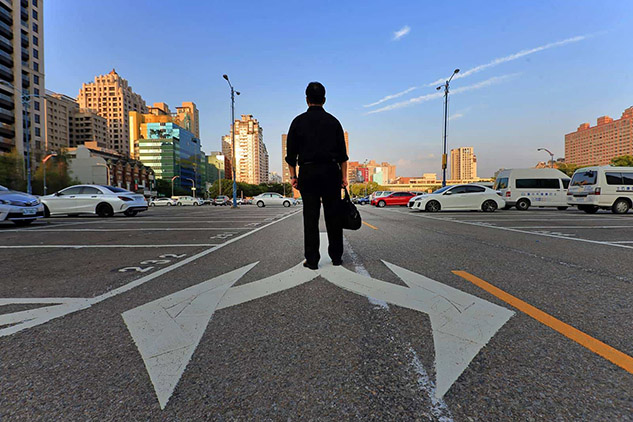
Source:Chien-Tong Wang
The coronavirus pandemic has swept mercilessly across the world. In Taiwan, more than four million people have applied for financial relief, but those at the top of the wealth pyramid have not only escaped unscathed but have taken advantage of the situation to grow their assets. The nation’s general unemployment rate stood at 5.3 percent in April, a nine-year high for a single month. The pandemic first knocked out the tourism and hospitality industries. Now the shockwave is radiating outward to the technology and manufacturing industries, where the damage has only just begun to surface. Throughout history, each economic crisis has further widened the gap between the rich and the poor. What lies in store for the “new coronavirus poor”?
Views
Pandemic Leading to Wealth Redistribution. Who are the New Coronavirus Poor?
By Rebecca LinFrom CommonWealth Magazine (vol. 699 )
For the filthy rich, the times could not be better; they are having a ball.
“Tomorrow I’ve lined up seven or eight groups of customers who want to look at luxury housing. They all have budgets of more than NT$100 million,” reveals real estate agent Ivor Tsai Hung-lin. After 18 years in the industry, he trusts his gut feeling and senses when the housing market is good. “We have not seen such a boom for a long time,” says Tsai who knows the mentality of luxury real estate buyers like the back of his hand.
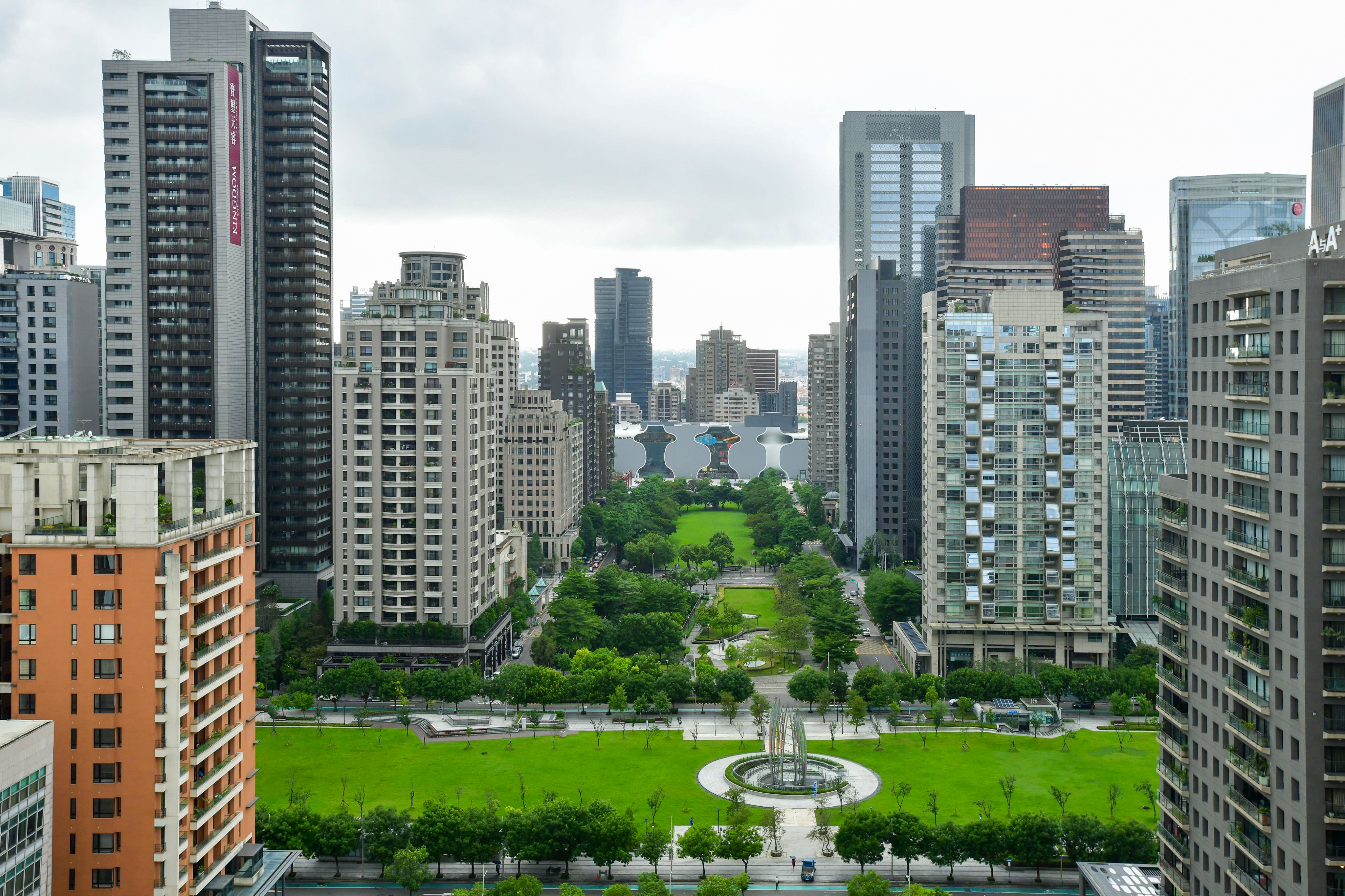
Due to the COVID-19 pandemic, the number of people looking to buy declined earlier. But in March the situation started to gradually recover. Meanwhile, Tsai receives customers every day, particularly since the government announced lower interest rates. “For the rich, this is a gift from heaven; the real return on investment became higher. Now the commercial property market has become even hotter, sparking luxury home buyers to make their decisions faster,” he explains.
Money begets money, and those who have a lot of it never tire of playing the money game. After the pandemic hit, Taiwan’s stock exchange fell to around 8,500 points in March, but in May it had nearly made up the losses, reaching a high of almost 11,000 points.
But for those who don’t have the money to play the stock market, these are dark times.
Eric (not his real name), is a rookie in the large army of food delivery drivers. He is still getting used to speeding a scooter across town to deliver meals to people’s doorsteps. “The other day it was raining hard and I was in a hurry to deliver an order when a BMW drove up next to me and sped right through a puddle,” he says matter-of-factly.
The BMW splashed water all over Eric and then drove off. “It seemed to be deliberate. That day it really got to me,” says Eric. What the 30-something doesn’t mention is that not long ago he himself was driving a BMW to work every day. In his previous job, he had made it from salesperson to product manager at a big company in six years.
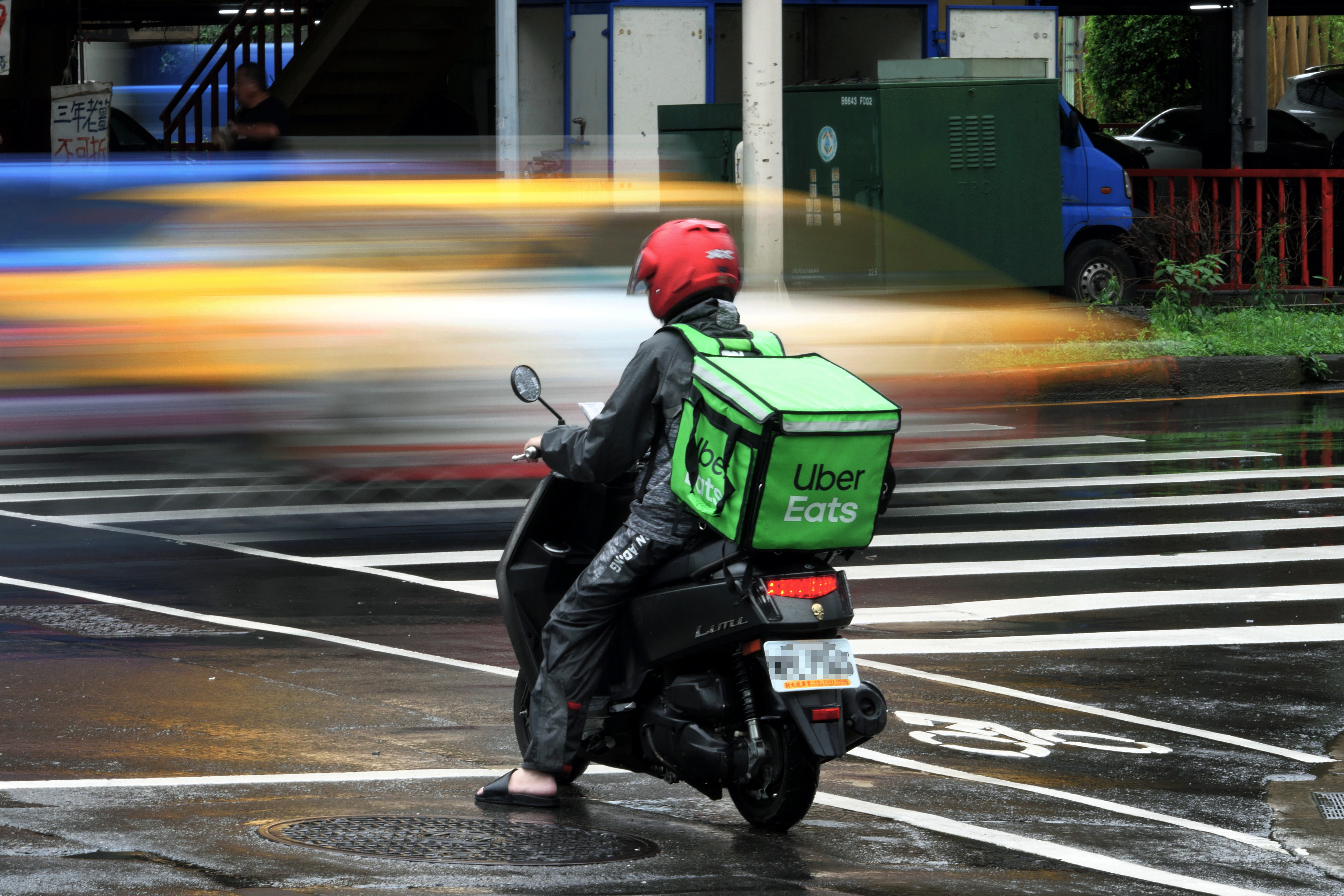
After the pandemic hit, his sales nosedived and he was laid off, joining the ranks of “victims.” He sent out almost 40 CVs looking for a new job, but most sank like rocks in the sea. “In this pandemic, a lot of people became jobless, and there aren’t that many management positions available. Most likely I will be hanging around here for the entire year,” he says.
As the pandemic spread, many people lost their jobs virtually overnight. In the United States, the jobless population stands at almost 40 million. The International Labor Organization (ILO) said in late April that worldwide 1.6 billion workers, or roughly half of the global workforce, are at risk of losing their income. At the same time, the lockdowns across the world have led to a 10.5 percent reduction in working hours, which is the equivalent of 305 million fewer job vacancies.
The situation in Taiwan is equally desolate. In April, the wider unemployment rate stood at 5.3 percent, the highest since 2013. As many as 146,000 people lost their jobs because factories saw their business decline or close shop. This too is the highest figure for a single month since 2011.
The Directorate General of Budget, Accounting and Statistics estimates that 2.2 million people urgently require financial aid to get through the crisis. This includes people who suffered wage cuts, self-employed workers such as taxi drivers, and employees who were put on unpaid leave due to the pandemic. If 1. 7 million farmers and fishermen as well as people who still have work but are not covered by labor insurance and the 481,000 jobless are factored in, a total of 4.38 million people were in a precarious situation in May.
These “new coronavirus poor” originally had a livelihood earning an income from working, but the pandemic-related economic downturn is pushing them toward the poverty line.
The number of these “new poor” keeps increasing as the pandemic leaves the weak weaker and makes the strong stronger.
Chen Dung-sheng, a professor at National Taiwan University’s Department of Sociology, points out that those with deep pockets are not only “safe” during this crisis but can still invest to amass even greater wealth. However, people who rely on labor income often do not have enough savings to cover their living costs for even half a year, which leads to a bigger wealth gap.
Low Wage Earners, Part-time Workers, Disadvantaged Groups Suffer Most
Calculated based on Taiwan’s total employed population of 11.95 million people, this means that three to four out of ten working people are at risk of ending up without income or seeing their income substantially reduced. That some are playing money games while others have to endure the hunger games casts light upon the parallel universes in which the 1% of super rich and 99% of the working income classes live.
In a report published in March, McKinsey & Company said that the effect of the pandemic is being felt across industries and job positions, but that low-income households, part-time workers and people from ethnic minorities are the most vulnerable.
In Taiwan, “aside from low income earners and people with little job flexibility (such as employees in gastronomy and the hotel industry), people working in the informal economy are most affected,” notes Joe Chen, professor at the Department of Public Finance of National Cheng-chi University. Among the informal economy count makeshift stalls, night market vendors, people selling goods on commission, etc. What they have in common is that their business is unstable and small scale, which is why they are not factored into official figures on economic activity.
Chen points out that a high number of people require financial relief, but their numbers are not reflected in the unemployment rate and statistics on unpaid leave.
Taiwan’s job market is currently contracting. First to be hit were the travel, gastronomy and hotel sectors where jobs have already vanished or employees work reduced hours. The conventional industries are likely to feel the pinch in the second quarter, and the high-tech industry might suffer in the third quarter because of low visibility when it comes to the order situation.
Manufacturers and High-Tech Sector Cannot Buck Global Downturn
Directly after the outbreak of COVID-19, businesses serving end consumers such as restaurants, retail stores, travel and transportation registered a drastic decline. Taiwan’s service industry is dominated by small- and medium-sized businesses, and average salaries lag behind those of the manufacturing, high-tech and finance sectors.
However, as industries around the globe are standing idle and consumption contracts, the manufacturing sector will also gradually be affected. Taiwan has always been an important link in the global supply chain. But when consumption in the United States and Europe is sluggish, Taiwan’s contract manufacturers and their employees are bearing the brunt of declining orders.
The textile industry has always accounted for a large chunk of Taiwan’s exports. But after the pandemic-related cancellation of the 2020 Olympic Summer Games in Tokyo, leading international sportswear brands such as Nike and Adidas have cancelled substantial orders, causing Taiwan’s leading functional fabrics makers from Pou Chen Corporation to Everest Textile Co. Ltd. to suffer a 50 percent decline in sales. Pou Chen had to put staff on unpaid leave for the first time in the company’s history. Hardest hit is their plant in Changhua, which employs more than 2,600 people.
A leading IC design house in Taiwan expects half of all IC design to be suspended because there are no avenues for introducing new products, much less new markets to explore.
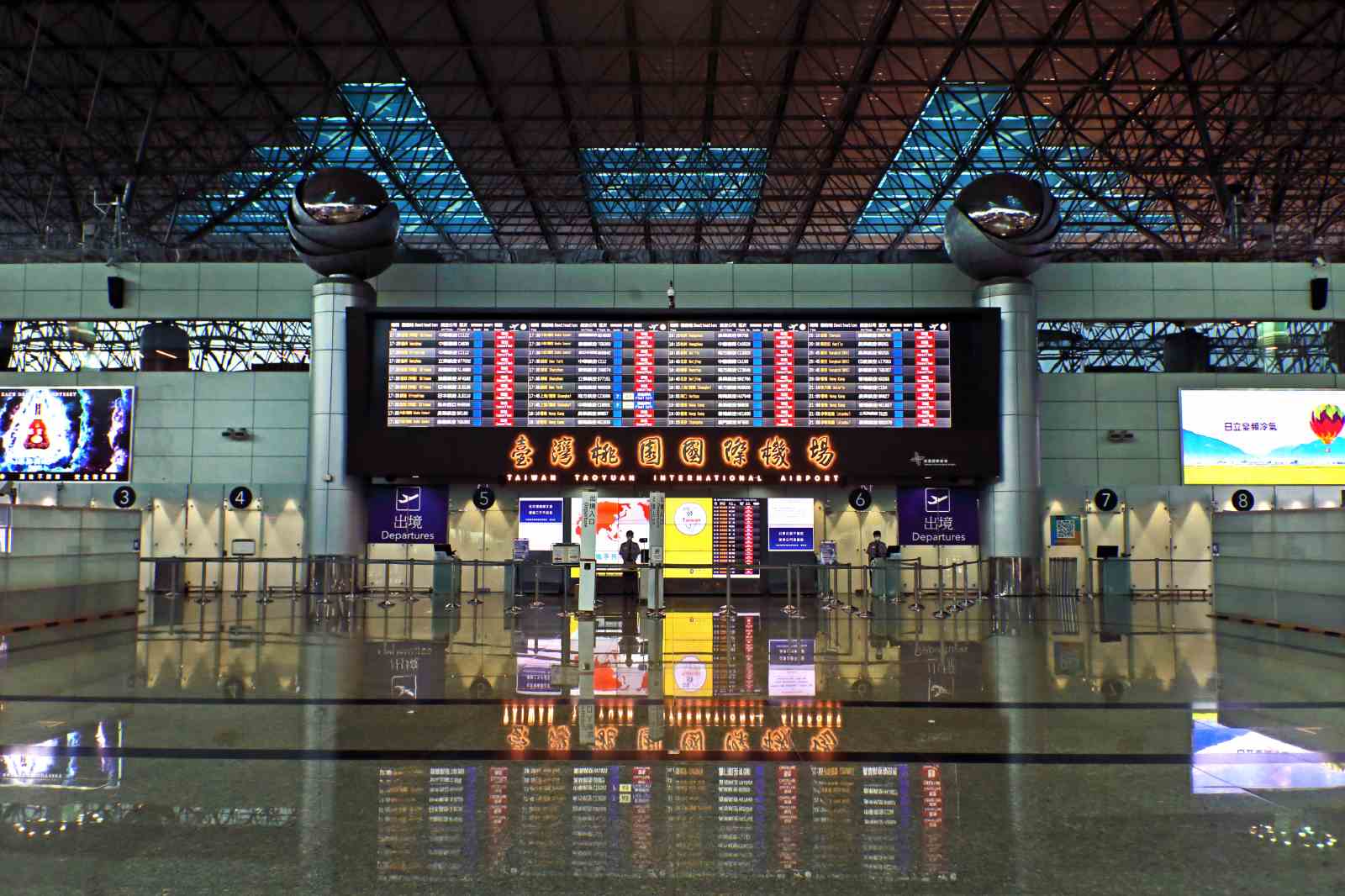
Fresh Graduates Might Face Prolonged Unemployment
The COVID-19 crisis is not only changing the lives of working people but is also dealing a heavy blow to new graduates who might not be able to find a decent full time job for many years.
John Della Volpe, director of polling at the Harvard Institute of Politics, has said that for this year’s graduates, “there are almost no opportunities in any sector; it is like suspended animation.” He fears that those who have recently left school are not only facing great difficulties finding a job, but will also be traumatized for life.
Hsuan Hsuan, who put her graduation off for one year to go to Turkey as an exchange student, began to send out CVs in March. “I submitted about 10 letters but got only three responses,” she laments. Saddled with a student loan of NT$450,000, she is eager to find work to pay it back. “I passed the written exam and the interview for one of the jobs, but the supervisor then said they are putting off recruiting new people,” she says.
Lee Chien-hung, professor at Chinese Culture University's Department of Labor and Human Resources, says, “I am most concerned about the new graduates.” In the past, graduates were able to use various avenues to find jobs such as online job banks, recruitment fairs at universities and recruitment campaigns organized by the government. However, the latter two were cancelled amid the pandemic or changed to online events.
New graduates face greater competition in a market with markedly fewer job openings. Online job bank 104.com.tw estimates there were 714,000 vacancies in May last year. This May, there are only 550,000 openings available, a year-on-year decline of more than 160,000 jobs.
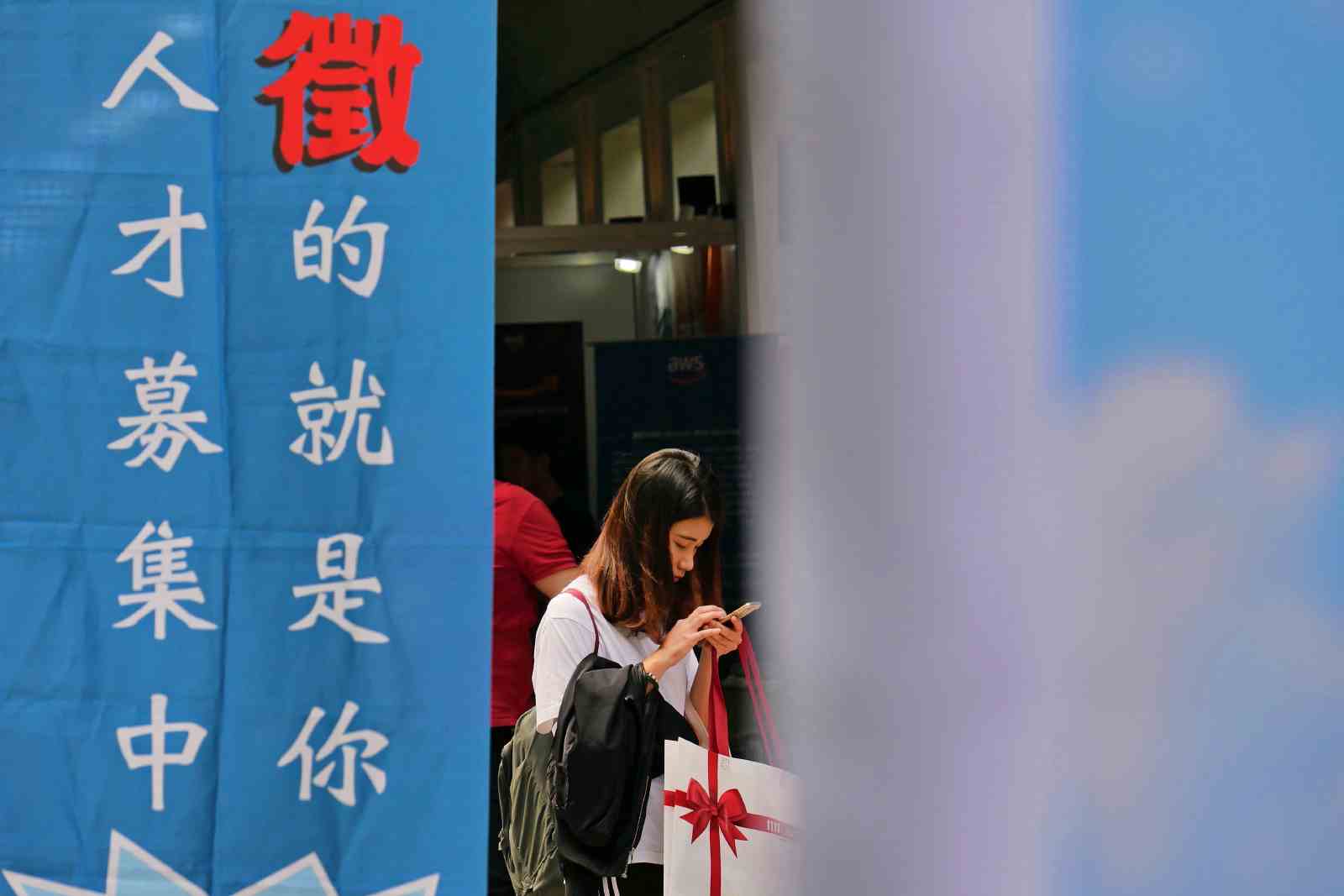
At the same time, the number of people looking for a job began to increase after February. About 280,000 young people will graduate from colleges and universities in Taiwan this summer. Excluding those who decide to pursue an advanced degree or go abroad, around 125,000 young graduates will be looking for work in Taiwan. And then there are another 100,000 young people who have been unemployed for a longer time without ever having even found their first job. The government is subsidizing companies who hire newcomers with NT$12,000 per hire. But as Lee emphasizes, “the prerequisite is that there are job openings, but now companies do not dare offer vacancies.”
A virus is defeating the world, leaving an indelible mark on this generation. The term “new coronavirus poor” represents our fear of losing our livelihood and the way we used to go about our daily lives.
Sociology professor Chen says, “If the injustices in our society continue to become more dramatic, it will become very difficult should we face difficulties in the future to pool the wisdom and efforts of everyone to jointly tackle these challenges.”
As the government unveils a host of relief measures, these must not only be fast but also right, taking into account the needs of the working population, industry and society at large, or else it will risk losing the public’s hard-earned trust.
Have you read?
♦ Coronavirus pandemic kills Australian working holiday dreams
♦ Higher Productivity ≠ Higher Pay: The Forces behind Taiwan’s Stagnant Wages
♦ Food Delivery Platforms are Changing how Young People Work in Taiwan
♦ Generational Wealth Gap: The Older, the Richer
Translated by Susanne Ganz
Edited by TC Lin
Uploaded by Judy Lu






